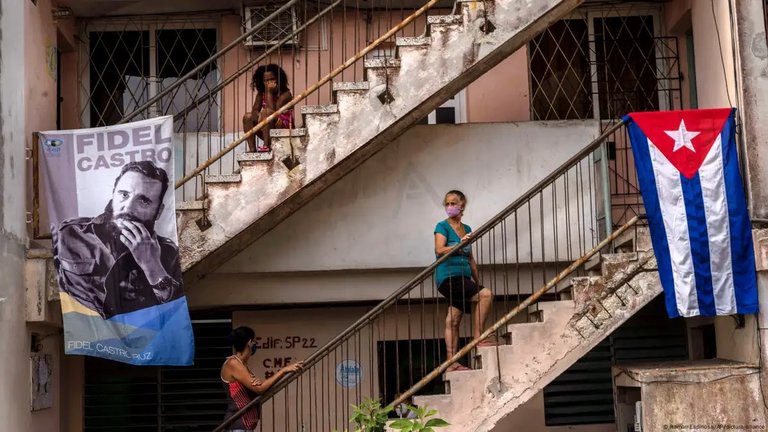The Latin American Report # 536

This July 11 marks four years since the largest popular opposition demonstration to take place under the 1959-born Cuban political regime. What began as a protest with only local significance—its alleged promoters were not even sure it was going to take place—in a district of Artemisa province ended up becoming the spark that ignited a large-scale citizen uprising, embodying years of accumulated social frustration, particularly amid the relentless onslaught of COVID-19 and other unique contextual factors.
Just a few days ago, in a deeply disrespectful statement—yet one that aligns with the arrogance of the current U.S. administration—Secretary of State Marco Rubio, of Cuban descent, called on Cuban civil society to challenge the existing political order despite the consequences (and there certainly are consequences). Furthermore, in his remarks, Rubio indulged in that detestable practice of highlighting only one aspect of a problem while refusing to shed light on the big picture—the one that, in this case, reveals Washington’s historical responsibility in the island’s socioeconomic decline.
That the current state of affairs here reflects a painful and profound deterioration in living conditions for the vast majority of the population is an obvious truth that no sane person can deny. But Rubio will not face—and if confronted, will not answer—any question pointing to the U.S. role in that social nightmare, which is just as crucial as the unbearable internal "management" of Cuban authorities, particularly in recent years.
For as long as I can remember, and long before that, the country has never enjoyed widespread socioeconomic stability—perhaps except for the 1980s, which people here recall with deep nostalgia, when Soviet economic assistance reached its peak. However, it is also a hardly disputed fact that, despite internal economic mismanagement, and the very impact of U.S. historical sanctions, Cubans could manage somehow these difficulties better until 2019.
Then, a quartet of hawks—John Bolton and Mauricio Claver-Carone from the National Security Council, and Marco Rubio and Mario Díaz-Balart from Capitol Hill—succeeded in implementing the harshest measures ever imposed on Castro’s Cuba. Chief among them was the designation of Cuban companies responsible for crude oil imports, a move that had an immediate impact and lies at the root of the country’s current struggles to meet electricity demand (during peak hours, many times more than half of the demand goes unmet). It is simply not reasonable to dispute that, given the American’s power in global finance, this designation has resulted in the sustained inability of a country already excluded from international financial markets to secure the fuel it needs.
To make matters worse, Cuban authorities decided to implement—starting in January 2021, in the middle of the COVID-19 pandemic—a necessary but then ill-timed set of measures to "reorganize" the economy. Initially, this move had a positive effect—which I realized myself—, but since then, the exchange rate in the informal market—which, in practice, dictates the economy’s rhythm— has gone from 40 Cuban pesos per U.S. dollar to around 385 pesos per one bill bearing Washington’s face.
 Source
SourceThese two factors—the enforcement and "improvement" of the most comprehensive sanctions regime Washington applies anywhere in the world, plus misguided domestic statecraft—combined with the massive, deadly blows of COVID-19, culminated in the events of July 11 four years ago. Security forces, alongside government-affiliated citizens, responded decisively, yet not so fierce as some quelling we see abroad. However, to speak this straight, what government doesn't fight for its life if given the chance and having representative popular backing? Finally, to clarify another issue, to this day, despite Havana’s claims, there is no evidence that the U.S. government was directly involved in planning what happened—though it is clear that from Eisenhower to Trump (including the protracted process of political (cyber)subversion dating back to 1959), Washington has had some, if not much, to do with it.
